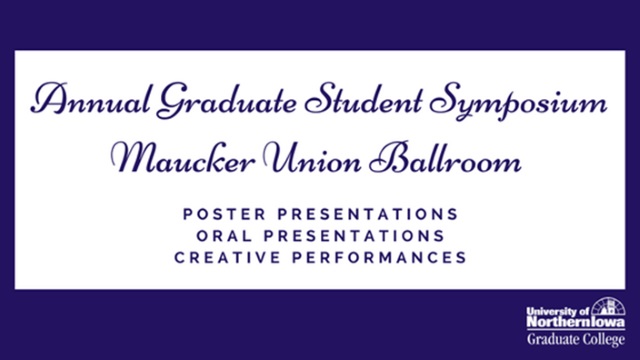
Complete Schedule
Not-So-Godless Communists: American Perceptions of the Russian Orthodox Church After World War II
Presentation Type
Poster Presentation (Electronic Copy Not Available)
Keywords
Russkai︠a︡ pravoslavnai︠a︡ t︠s︡erkovʹ--Public opinion--History; Soviet Union--Foreign public opinion, American--History; Church and state--Soviet Union--History;
Abstract
The Cold War was a frightening time for many people, American and Soviet alike. Many Americans thought that the Soviet Union uniformly enforced atheism, but the Eastern Orthodox Church had never been fully dissolved after the October Revolution, and despite heavy sanctions against it, Stalin allowed the church more freedom during World War II, known in the USSR as the Great Patriotic War, to help raise morale. Khrushchev’s policies were more restrictive than Stalin’s, but a constant struggle waged between government and church until the Soviet Union’s dissolution in 1991. Yet when the United States government discussed religion in the Soviet Union it focused almost entirely on the Soviet government’s atheist policies, and either ignored, forgot about or was unable to acknowledge the Orthodox Church.
Despite official atheist policies, some Soviet citizens still followed some form of religious faith. This project investigates the American public’s knowledge of and attitudes about Soviet religiosity. Were American citizens and officials aware of the church’s continued influence? If not, why? If so, were they unable or unwilling to acknowledge it? How did the American government and media portray the Orthodox Church and the Soviet government’s actions towards it after the start of the Cold War? Scholarship on this subject mainly focuses on American responses towards Soviet atheism. For this project, I will use Cold War-era newspaper and magazine articles, as well as engage with recent scholarly works to answer these questions and forge a deeper understanding of this often-ignored facet of Soviet life.
Start Date
4-4-2017 11:00 AM
End Date
4-4-2017 1:30 PM
Faculty Advisor
Barbara Cutterpatt
Department
Department of History
Copyright
©2017 Jessica Patterson
Embargo Date
4-4-2017
Not-So-Godless Communists: American Perceptions of the Russian Orthodox Church After World War II
The Cold War was a frightening time for many people, American and Soviet alike. Many Americans thought that the Soviet Union uniformly enforced atheism, but the Eastern Orthodox Church had never been fully dissolved after the October Revolution, and despite heavy sanctions against it, Stalin allowed the church more freedom during World War II, known in the USSR as the Great Patriotic War, to help raise morale. Khrushchev’s policies were more restrictive than Stalin’s, but a constant struggle waged between government and church until the Soviet Union’s dissolution in 1991. Yet when the United States government discussed religion in the Soviet Union it focused almost entirely on the Soviet government’s atheist policies, and either ignored, forgot about or was unable to acknowledge the Orthodox Church.
Despite official atheist policies, some Soviet citizens still followed some form of religious faith. This project investigates the American public’s knowledge of and attitudes about Soviet religiosity. Were American citizens and officials aware of the church’s continued influence? If not, why? If so, were they unable or unwilling to acknowledge it? How did the American government and media portray the Orthodox Church and the Soviet government’s actions towards it after the start of the Cold War? Scholarship on this subject mainly focuses on American responses towards Soviet atheism. For this project, I will use Cold War-era newspaper and magazine articles, as well as engage with recent scholarly works to answer these questions and forge a deeper understanding of this often-ignored facet of Soviet life.



Comments
Location: Maucker Union Ballroom